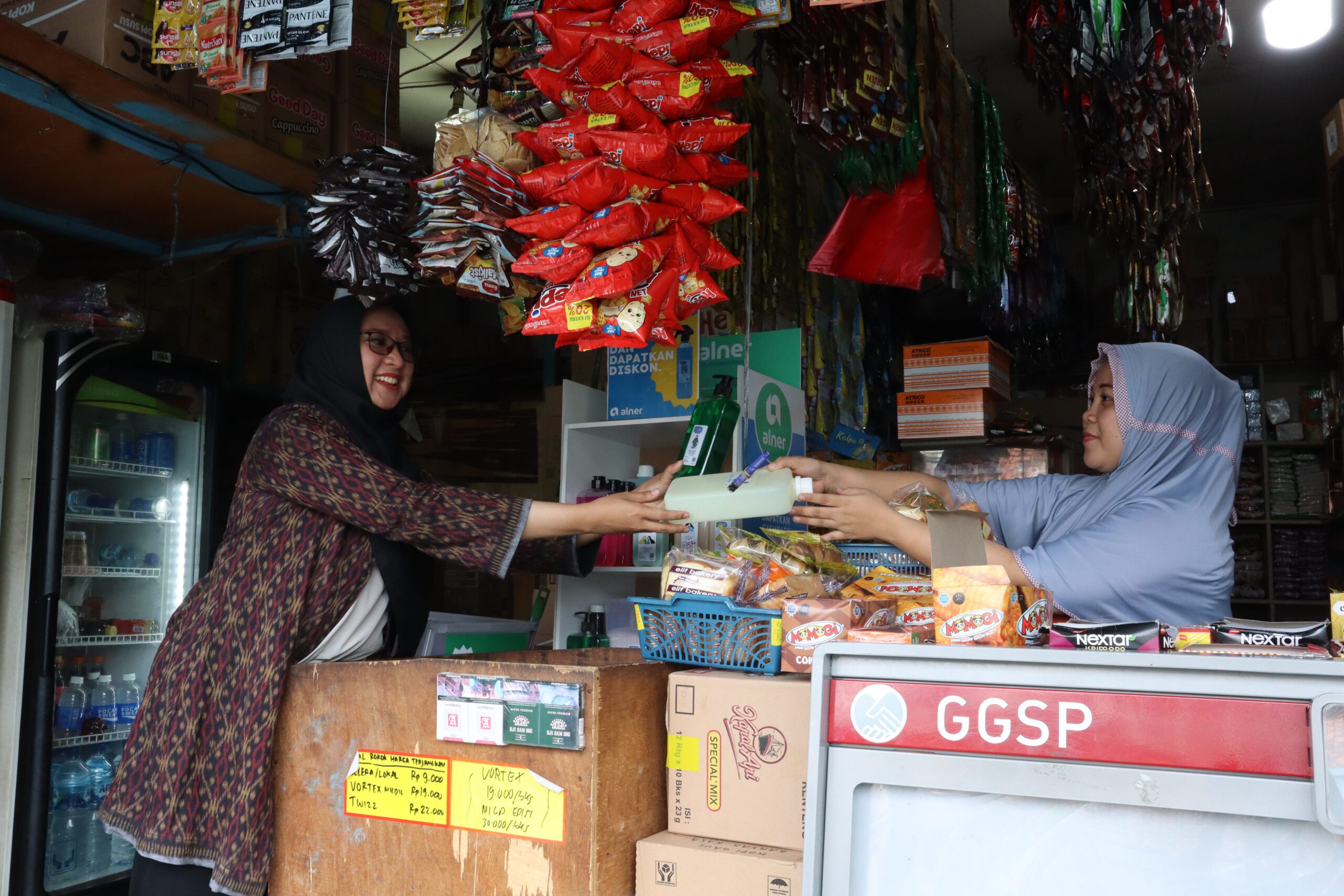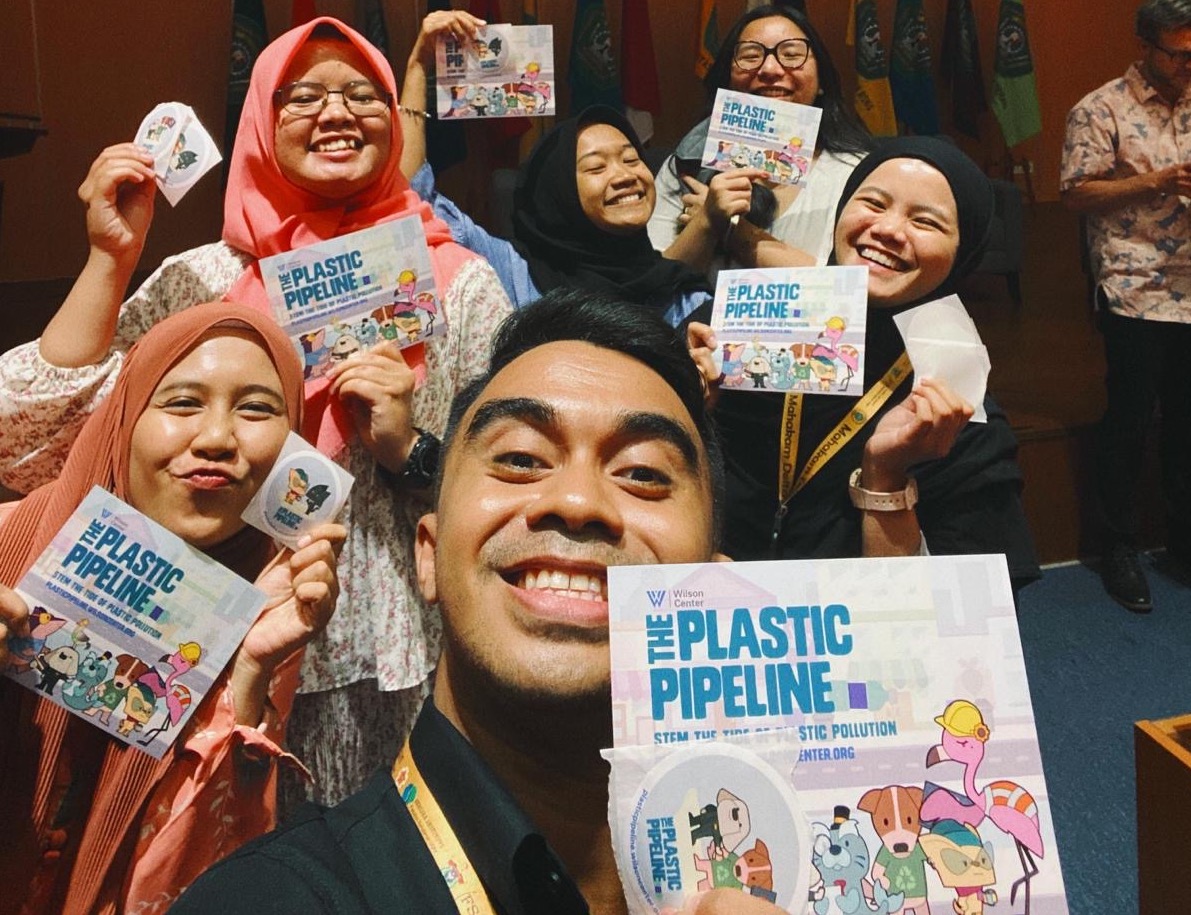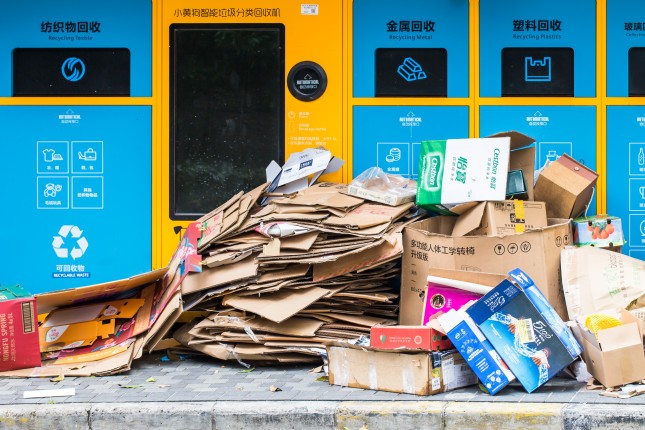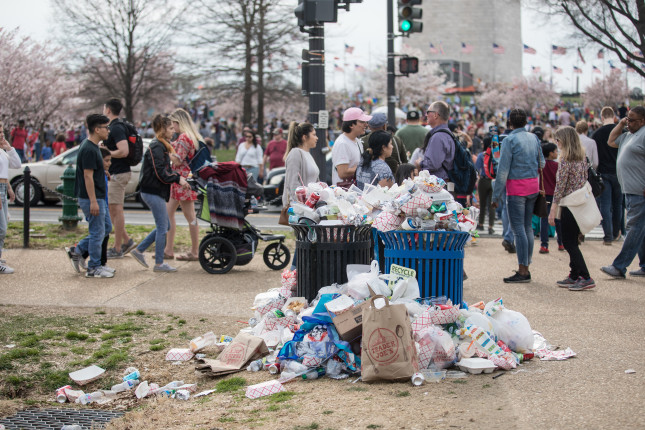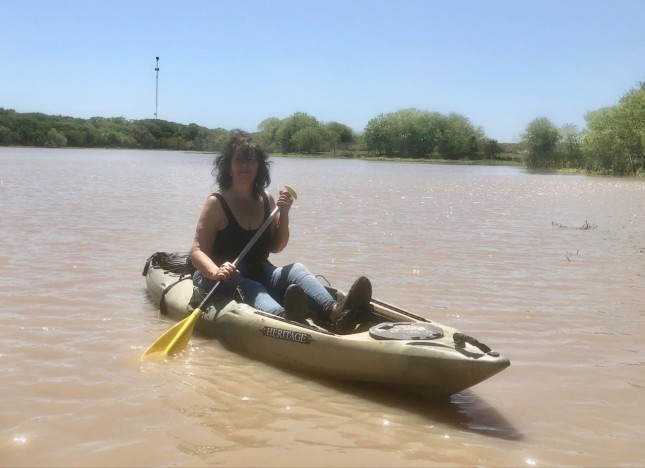-
Scaling up the Reuse Revolution in the Global South
›China Environment Forum // Guest Contributor // Vulnerable Deltas // August 22, 2024 // By Eline Leising & Firda IstaniaIn the last months of 2023, 30 landfills caught fire in Indonesia, highlighting a dangerous health risk and a symptom of the country’s failing waste management system. Most of these landfills are overflowing open dump sites. Moreover, not all waste ends up here, as large amounts — particularly low-value plastics like sachets and pouches — are never collected. Indonesia ranks among the top 10 global plastic polluters. The country generates 7.8 million tons of plastic waste annually, 63% of which is mismanaged. Most of these mismanaged plastics are thrown into rivers, dump sites or burnt by individuals, releasing toxic substances into the air.
-
Reusable Food Packaging in US and China: Closing the Loop on Plastics in Closed Environments
›During the World Wildlife Fund’s Plastic Policy Summit in March in Washington D.C., I grabbed coffee in a white ceramic mug provided by the convention venue. Reusable mugs seemed unusual amid today’s prevalence of single-use cups, prompting me to reflect on how we have normalized single-use: I bought yogurt and soda in returnable bottles in Beijing; generations before us grew up with reuse. Why did we move away from it?
-
ECSP Weekly Watch: April 29 – May 3
› A window into what we are reading at the Wilson Center’s Environmental Change and Security Program
A window into what we are reading at the Wilson Center’s Environmental Change and Security ProgramEnvironmental Prize Winners Highlight Local Communities’ Fight Against Fossil Fuels (New York Times)
On Monday, several environmental leaders won the Goldman Environmental Prize, which the Goldman Environmental Foundation awards annually to grassroots environmental activists from each of the world’s six geographic regions. This year’s prize comes as environmental advocacy groups, especially indigenous ones, increasingly fight legal battles against companies or government entities that wish to use their land for oil and gas acquisition or coal mining.
-
The Power of Play with The Plastic Pipeline
›During a visit to Vietnam in November 2023, I cringed as my aunt tossed our now empty bánh mì plastic bag onto the sidewalk. “It doesn’t really matter,” she shrugged, “there aren’t any nearby trash cans anyway.” Finding a trash can wouldn’t have helped much, as two-thirds of Vietnam’s plastic waste ends up burnt, landfilled, or leaked.
-
Igniting a Reuse Revolution in China’s War Against Plastic Waste
›
Food takeaway has become a symbol of urban lifestyle convenience in China, but the resulting single-use plastic (SUP) waste has become a costly environmental and economic burden. In 2020, urbanites ordering on food delivery apps generated 37 billion SUP containers and a small fraction was recycled. According to a report by Pacific Environment, 88.5% of SUP waste in China is landfilled, incinerated, or leaked to the environment. Food and beverage packaging is the number one contributor to China’s SUPs.
-
Shining a Light on China’s Hidden Waste Workers
›China Environment Forum // Guest Contributor // Vulnerable Deltas // November 9, 2023 // By Guo Chen, Liwen Chen & Jia FengThe untold stories about waste are about invisible and vulnerable waste workers. China is no exception. The millions of Chinese migrant waste workers who recover 20% of the country’s urban waste are ignored. Chinese policymakers need to integrate migrant waste workers, their knowledge, and social justice issues into the country’s waste management future. -
Why We Need Extended Producer Responsibility for Plastic Packaging
›
Recycling in the United States is failing. Only 50 percent of packaging is currently recycled. For plastics the rate is lower, only nine percent. The U.S. packaging recycling rate is far below many other countries and has been stagnant for over a decade because our waste management infrastructure is fragmented, inefficient, and underfunded. U.S. city and county governments spend millions of taxpayer dollars each year to manage an expanding and increasingly complex array of packaging waste they had no input in designing or creating. U.S. recyclers are struggling with poorly designed packaging that cannot be recycled and adds cost to the recycling system, and brand owners are unable to source the recycled content they need to honor their public sustainability commitments. Under the current system, consumer packaged goods companies have little incentive to change.
-
Fighting the Flood of Nurdles: Texas Fisherwoman takes on Taiwan Plastic Company
›Over decades, billions of small lentil-sized plastic pellets, called nurdles, flooded out of the wastewater pipes of Formosa Plastic’s plant in Calhoun Texas into the Gulf of Mexico. For decades, Diane Wilson, a fourth-generation fisherwoman in a rural fishing town called Seadrift, has been tracking and collecting data on the company’s nurdle pollution. In 2019, after three years of constant sampling, she and her scrappy volunteers won a dramatic legal victory with a consent decree mandating 50 million in penalties for past pollution and fines if they do not clean up previous pollution or maintain zero discharge of plastic.
Showing posts from category plastic.


